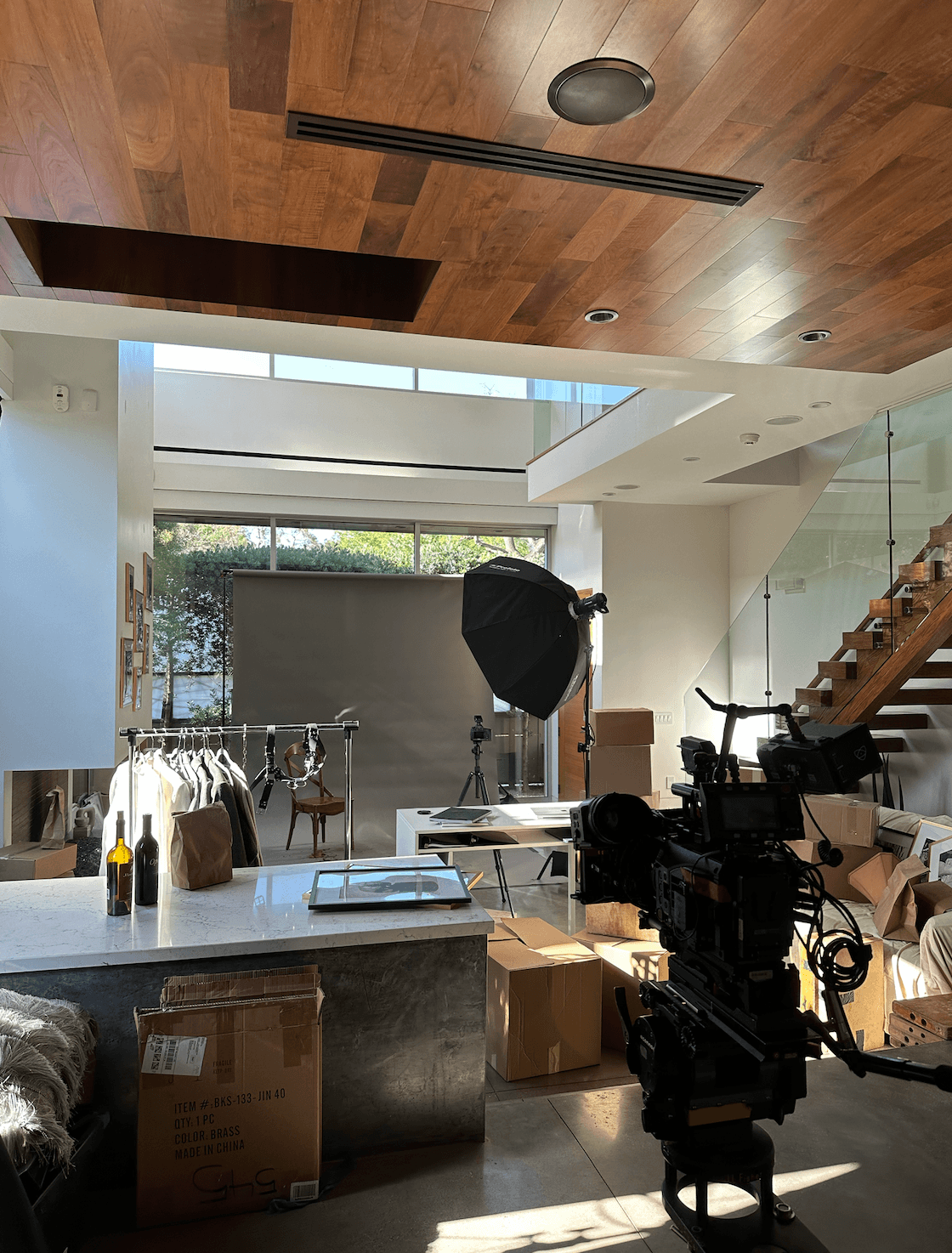We’re excited to introduce you to the always interesting and insightful Yang Qian. We hope you’ll enjoy our conversation with Yang below.
Yang, thanks for taking the time to share your stories with us today Do you wish you had waited to pursue your creative career or do you wish you had started sooner?
Looking back, I wouldn’t change the timing of when I started my creative journey. I first got into filmmaking about three years ago during my undergrad. At that point in my life, I wasn’t entirely sure why I felt drawn to it, but I trusted my intuition. I had no grand plan; I just felt the need to create and express myself through film. That spontaneity is part of what makes the journey meaningful for me. If I had started sooner, I might have been too focused on figuring out what it “should” look like, rather than letting it unfold naturally. Starting later, on the other hand, might have led me to second-guess myself or feel like I’d missed the window. I believe art is an organic process that happens at the right time when you’re open and ready for it. Starting when I did allowed me to stay curious and free of rigid expectations. So, no—I wouldn’t change anything. The timing of my journey feels just right, and it has shaped me in ways I’m grateful for.

Yang, love having you share your insights with us. Before we ask you more questions, maybe you can take a moment to introduce yourself to our readers who might have missed our earlier conversations?
My journey into filmmaking started a bit unexpectedly about three years ago during my time as an undergrad. At the time, I didn’t have a clear reason or roadmap for why I felt drawn to it, but there was an undeniable curiosity and a sense of calling. I decided to follow that instinct, and since then, filmmaking has become a significant part of my life and creative expression.
What sets me apart is my approach to storytelling and art. I believe that creativity isn’t something you can always plan or force—it’s something that happens naturally through life’s moments and experiences. My work aims to capture those moments in an authentic way, whether it’s through short films, visual projects, or collaborative efforts. I’m drawn to stories that feel raw, genuine, and perhaps a little unpolished, because that’s where I think the beauty of art lies.
The kind of work I create focuses on telling human stories, whether they are deeply personal or universal. I aim to explore the nuances of emotion, relationships, and identity. My projects often have an introspective tone, inviting the audience to reflect, connect, and feel something real. What I offer isn’t just films—it’s an experience, an opportunity to see and feel the world through a different lens.
One thing I’m most proud of is the persistence I’ve had in following this path. Filmmaking wasn’t something I planned, but it’s something I’ve stuck with because it resonates so deeply with me. I’ve had the privilege of learning and growing with each project, and I’m always looking for new ways to challenge myself creatively. I’m also proud of the collaborations I’ve been part of, working with other passionate artists and creatives who bring unique perspectives to each piece.
For those who follow my work, I want them to know that everything I create comes from a place of honesty. I’m not interested in following trends or formulas—I’m interested in making art that speaks to people on a deeper level. Whether it’s a short film, a documentary, or even a personal project, my goal is to make work that feels real, meaningful, and impactful.

For you, what’s the most rewarding aspect of being a creative?
For me, the most rewarding aspect of being an artist is the freedom to explore and express things that are often hard to put into words. Filmmaking, in particular, allows me to capture emotions, moments, and stories that resonate on a deeper level—things that people might not even realize they’re feeling until they see it reflected back at them. There’s something incredibly fulfilling about being able to create a space where others can connect, reflect, or even escape for a moment.

How can we best help foster a strong, supportive environment for artists and creatives?
To truly support artists and foster a thriving creative ecosystem, I believe society needs to recognize and value the role of art and creativity as essential, not optional. Often, art is seen as a luxury or something peripheral to “real work,” but creativity is foundational to how we experience the world, process emotions, and even solve problems.
One key way to support artists is to provide more accessible funding opportunities. Many creatives, especially those just starting out, struggle to finance their projects or even sustain themselves while pursuing their art. Grants, subsidies, and platforms that help artists connect with patrons can make a huge difference in allowing creators to focus on their work without the constant pressure of financial instability.
Contact Info:
- Website: https://www.yangqian22.com/
- Instagram: avec_sophoclea
- Linkedin: https://www.linkedin.com/in/yang-qian-/




